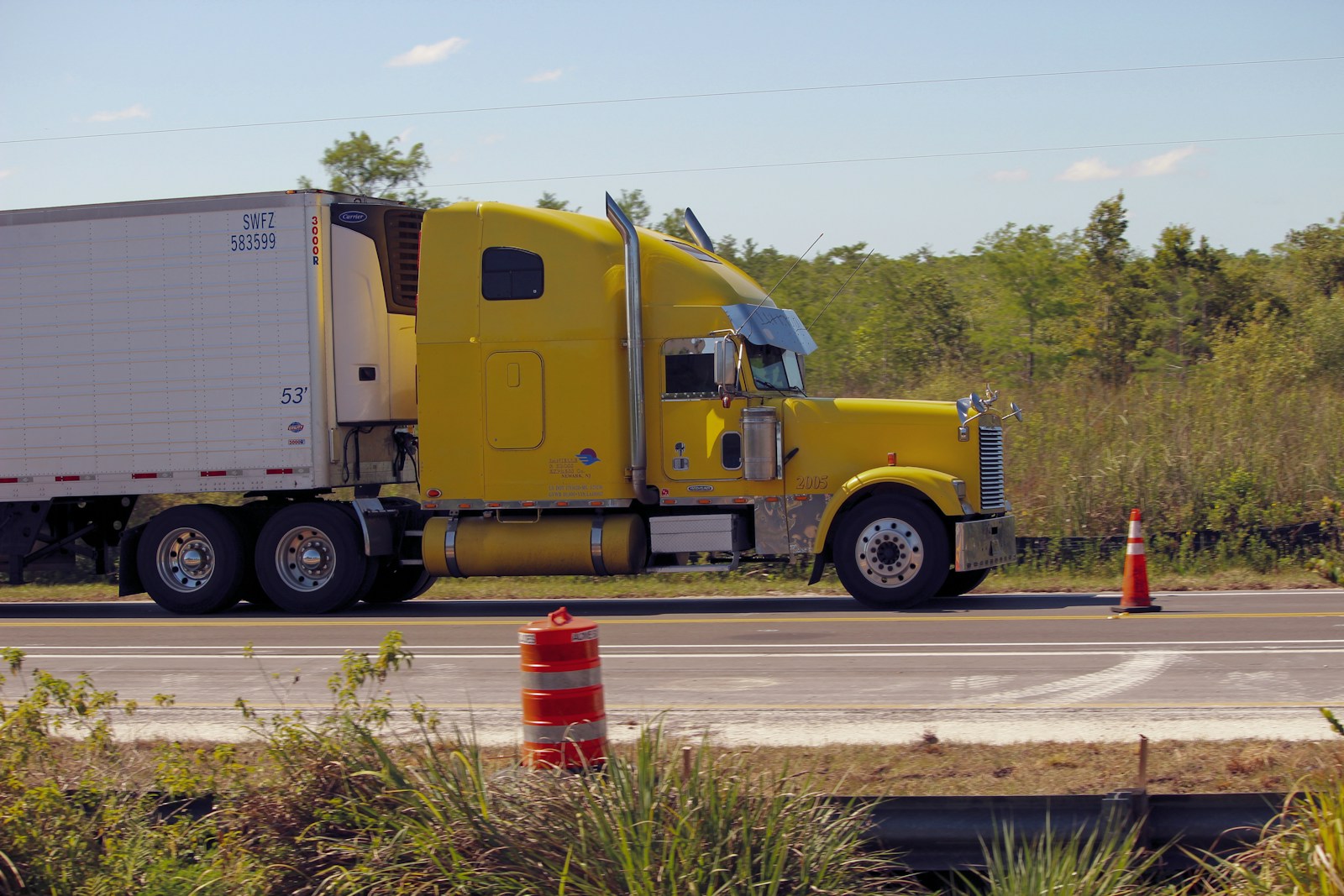
Employers Liability Insurance vs. Workers’ Compensation Insurance
 Employers liability and workers’ compensation are interconnected components within a broader coverage framework.
Employers liability and workers’ compensation are interconnected components within a broader coverage framework.
Imagine them as complementary pieces of a puzzle, each addressing specific aspects of workplace safety and risk management.
Workplace safety and employee well-being are paramount concerns for any business.
Employers must navigate a complex landscape of insurance options to protect their interests and fulfill legal obligations.
What Is Workers’ Compensation Insurance?
Workers’ compensation insurance can be a financial safety net for employees experiencing work-related injuries or illnesses. It operates on a no-fault basis, helping to ensure that eligible workers receive benefits regardless of fault, whether due to employer negligence or other factors.
If an employee sustains an injury or becomes ill due to work-related activities, workers’ compensation can assist with covering medical expenses, rehabilitation costs and lost wages during the recovery period.
For example, if a construction worker fractures a leg while on the job, workers’ compensation may help cover their medical bills and provide partial salary replacement during their healing process.
Workers’ compensation may also cover disability benefits. If the injury leads to temporary or permanent disability, the employee may be eligible for compensation.
Additionally, in tragic cases of work-related fatalities, workers’ compensation can cover funeral costs, offering financial relief to the family.
What Is Employers Liability Insurance?
While workers’ compensation focuses on employee benefits, employers liability insurance serves a different purpose. Employers liability insurance can assist with claims from workers who experience job-related injuries or illnesses not covered by workers’ compensation.
It may provide extra protection for companies against costs related to workplace injuries and fatalities.
However, it does not cover legal expenses arising from employee lawsuits related to discrimination, sexual harassment or wrongful termination. For those situations, employers must purchase a separate policy called employment practices liability insurance.
Employers liability insurance is typically automatically included in workers’ compensation insurance policies, with specific limits on payouts per employee, incident or policy.
Business Insurance in EFFORT , PA
In summary, workers’ compensation focuses on employee benefits, while employers liability helps safeguard your business against legal claims.
By understanding the distinctions between these two types of insurance, businesses can make informed decisions and prioritize workplace safety for all stakeholders.
We’re ready to help you secure workers’ compensation coverage for your business. Contact A.M.G.A. Brokerage Commercial Underwriters of America today for more information or a quote.
This blog is intended for informational and educational use only. It is not exhaustive and should not be construed as legal advice. Please contact your insurance professional for further information.
Categories: Blog